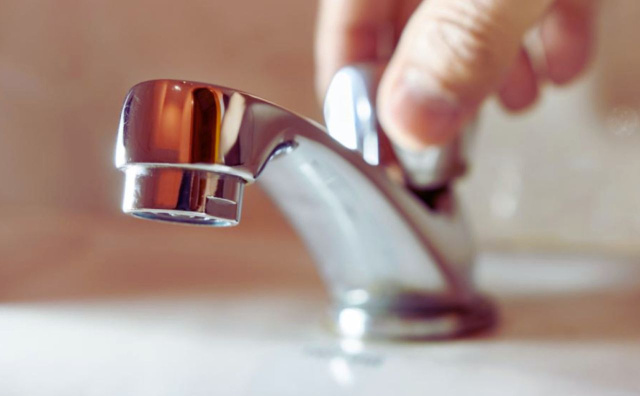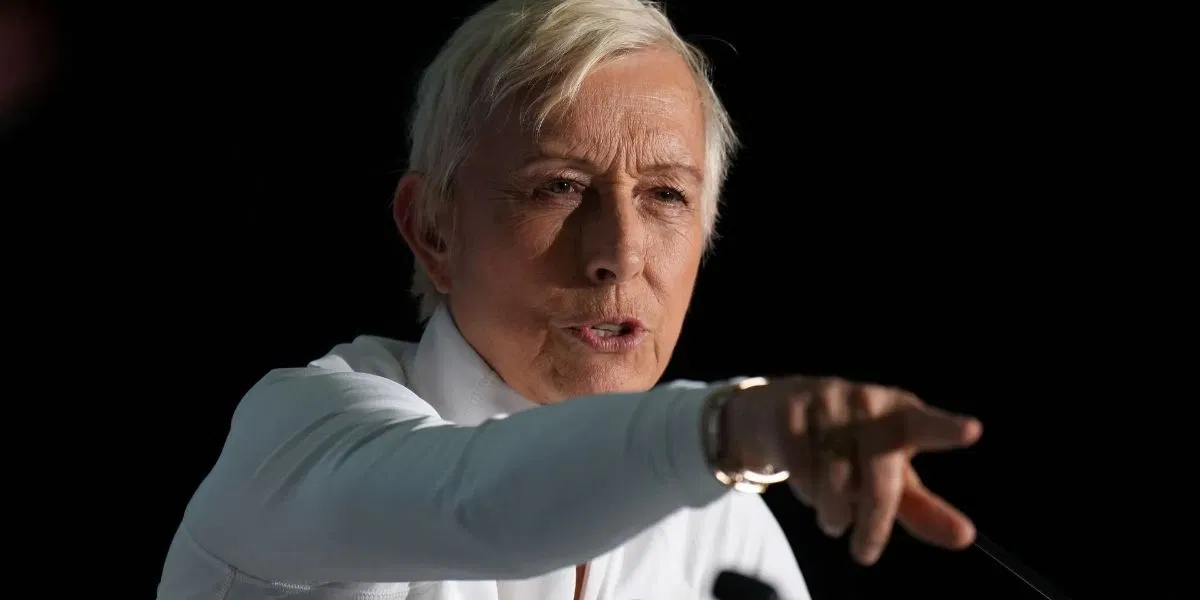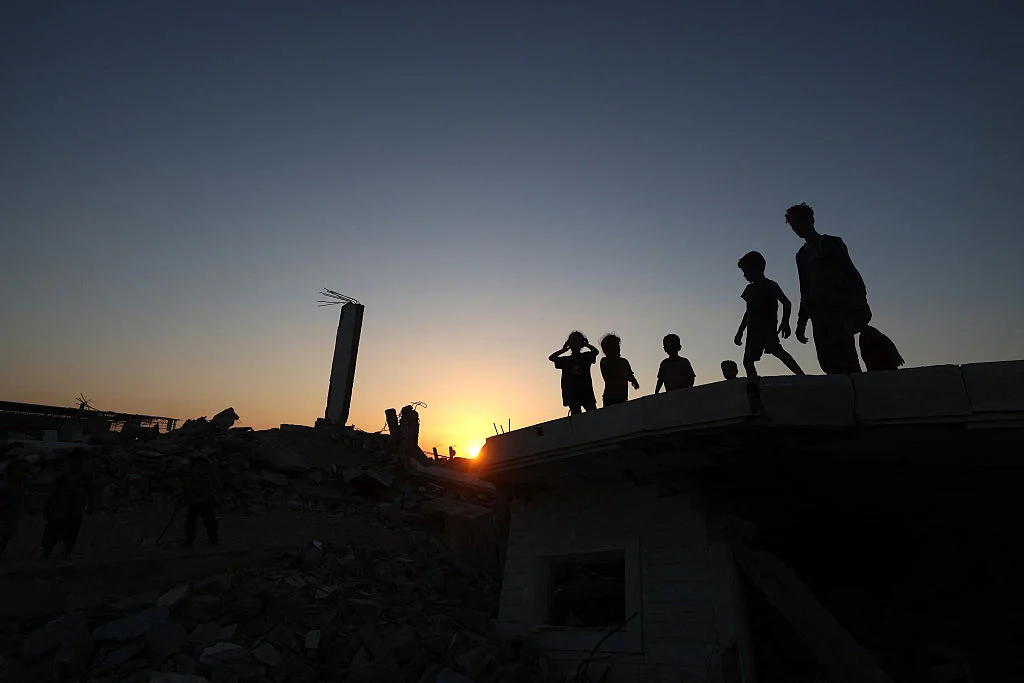By Summer Heat
Copyright novinite

Lovech is the latest Bulgarian city to face water restrictions as the effects of prolonged drought continue to strain local supply sources. Unlike other regions, residents of Lovech will still have access to water from 6:00 a.m. to 11:00 p.m., but the efficiency of the system is a major concern. Regional Development Minister Ivan Ivanov has called for the resignation of the director of the local water supply company, citing poor coordination and planning in implementing the water regime.
Read also: Drastic Water Regime in Bulgaria: Villages in Elena Left with Just One Hour of Water Twice a Week
Lovech Mayor Stratsimir Petkov explained that water losses in the city reach around 50–52 percent. “This may look favorable compared to other municipalities, but still, half of the water does not reach residents,” he said on BNT. Over the years, repairs have been carried out with the combined efforts of the Water and Sewerage Company, the municipality, and the state. In 2024, capital projects funded by the Ministry of Regional Development and Public Works replaced water pipes in the “Kolyo Ficheto” and “Mladost” neighborhoods.
However, structural limitations hinder broader improvements. Lovech is not consolidated in the Water and Sewerage Association, preventing the city from accessing European funding. This is because Troyan has a municipal Water and Sewerage Company, and under Bulgarian law, the district cannot join an association where a municipal company exists.
Water availability has worsened compared to last year. “One of the leaks we discovered lost 13 liters per second. Last year, Lovech received 140 liters per second; this year it is only 90,” Petkov noted. Continuous meetings with the water company and municipal councilors have allowed for some repairs and preparation of new projects, though bureaucratic procedures delay progress.
The regional ministry stressed that the resignation request stems from poor coordination and planning by the water company regarding the water regime announcement. “I cannot comment on the ministry’s relationship with the company. We were notified by letter at noon, which is standard. Information for the city arrived on time, for the villages slightly later,” Petkov said.
Restrictions on using drinking water for non-essential purposes, including watering, washing streets, cars, and filling pools, remain in force. The city’s most critical vulnerability is its main water supply from Cherni Osam, which provides over 90 percent of Lovech’s water. According to the latest assessments, replacing this infrastructure would require about 200 million leva, making it a crucial priority for the city’s future water security.



